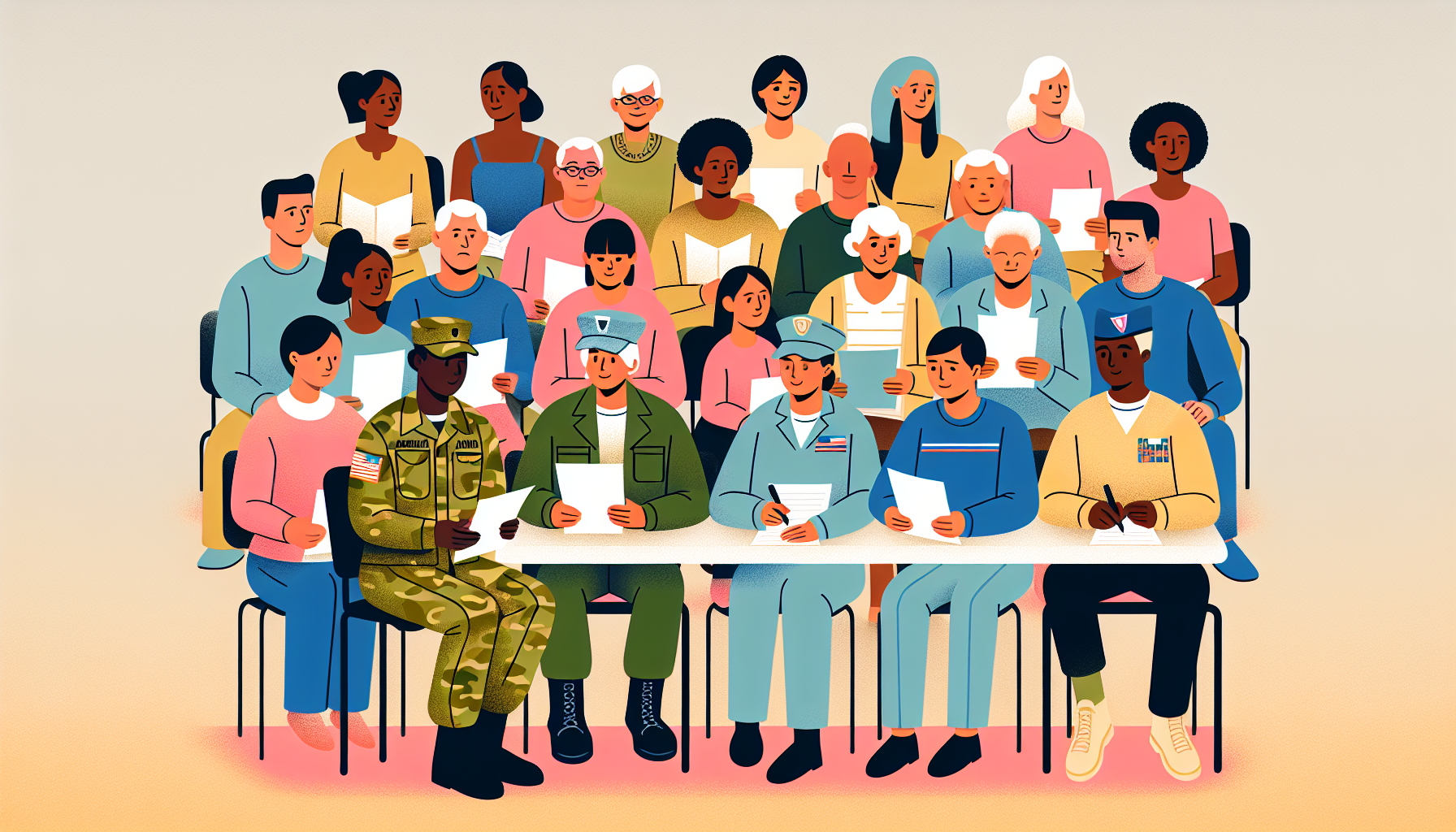Definition
The Reserve Educational Assistance Program (REAP) is a VA benefit program designed to provide educational assistance to members of the Reserve components called to active duty in response to a war or national emergency. This program offers financial aid for various degrees, certificates, and vocational training for eligible Reservists. REAP was discontinued for new beneficiaries in 2015, but eligible beneficiaries can still utilize their benefits until November 25, 2019.
Key Takeaways
- REAP is a financial assistance program for reservists who served on active duty to support their pursuit of higher education and training.
- This program has been discontinued for new applicants, but eligible reservists who were enrolled before November 25, 2015, can still utilize their benefits.
- REAP benefits can be used for degree programs, certificate courses, apprenticeships, and on-the-job training, providing flexibility for diverse educational pathways.
Importance
The Reserve Educational Assistance Program (REAP) is an essential term in the realm of VA benefits as it serves to support and encourage higher education among reservists.
This program specifically aims to provide educational assistance to members of the Reserve components who were called to active duty in response to a war or national emergency, as declared by the President or Congress.
By offering financial aid for college, apprenticeships, technical certifications, and on-the-job training, REAP plays a vital role in fostering personal and professional development of reservists, enhancing their skill sets, and ultimately contributing to a stronger nation by facilitating an educated workforce within the military community.
Explanation
The Reserve Educational Assistance Program (REAP) was established to assist members of the Reserve Components, which include the Army Reserve, Navy Reserve, Air Force Reserve, Marine Corps Reserve, Coast Guard Reserve, and National Guard, who were called or ordered to serve on active duty in response to war or national emergencies. The main purpose of REAP was to provide these reservists with educational benefits as a way to recognize their dedicated service, enhance their ability to successfully transition back into civilian life, and promote their professional growth and career advancement.
To achieve this, REAP provided financial support in the form of monthly benefits for reservists attending accredited educational institutions, including colleges, universities, vocational schools, and apprenticeship programs. REAP beneficiaries could utilize these benefits to pursue an array of programs, such as undergraduate and graduate degrees, certificate and diploma programs, or on-the-job training.
This ultimately enabled the reservists to gain valuable skills, knowledge, and credentials to improve their employability, broaden their career prospects, and enhance their overall quality of life. However, it should be noted that REAP benefits were discontinued by The National Defense Authorization Act of 2016, and the Post-9/11 GI Bill now encompasses many of the same benefits and opportunities previously provided under REAP.
Examples of Reserve Educational Assistance Program (REAP)
The Reserve Educational Assistance Program (REAP) was a U.S. Department of Veterans Affairs education benefit program designed to provide educational support to members of the Reserve components called or ordered to active service in response to a war or national emergency. However, REAP was ended in November 2015, and there are no longer new applicants being accepted. The Post-9/11 GI Bill has replaced REAP for new applicants.Though REAP no longer exists, here are three real-world examples of how it functioned when the program was active:
A reservist in the Army National Guard was called to active duty for a year in support of Operation Iraqi Freedom. During his service, he reached the eligibility criteria for REAP benefits and, upon returning home, decided to pursue a college degree. Through REAP, he received financial assistance to cover his tuition costs and other educational expenses.
A member of the Air Force Reserve was called to serve on active duty during the national emergency following the September 11 attacks, completing more than 90 days of service. After her service, she used her REAP benefits to earn a degree in nursing and become a registered nurse. She later went on to work at a VA hospital, assisting veterans with medical needs.
A Marine Corps reservist was called to active duty in Afghanistan for two years. After completing his service, he applied for REAP benefits and enrolled in a trade school to become a certified automotive mechanic. Through REAP, he received financial support for tuition, books, tools, and other necessary supplies required for his vocational program.
Reserve Educational Assistance Program (REAP) – Frequently Asked Questions
What is the Reserve Educational Assistance Program (REAP)?
The Reserve Educational Assistance Program (REAP) is a Department of Veterans Affairs education benefit program designed to provide financial assistance to members of the Reserve components called or ordered to active duty in response to a war or national emergency.
Who is eligible for REAP benefits?
Eligible service members include those who are part of the Selected Reserve, Individual Ready Reserve (IRR), or Inactive National Guard (ING) and were called or ordered to active duty on or after September 11, 2001, in response to a war or natural emergency. The service member must also meet specific service requirements to be eligible for REAP benefits.
How do I apply for REAP benefits?
To apply for REAP benefits, complete the online application form on the Department of Veterans Affairs website – VA Form 22-1990. Alternatively, you can download a physical copy of the form, fill it out, and submit it to your nearest VA regional office.
What educational programs are covered under REAP?
REAP benefits can be used for various educational programs, including undergraduate, graduate, vocational, and technical courses. However, the program must be approved by the VA in order to utilize REAP benefits. Examples of approved programs include on-the-job training, apprenticeships, and licensing and certification exams.
Can I transfer my REAP benefits to a family member?
REAP does not have a specific provision allowing eligible servicemembers to transfer their benefits to a family member. However, certain VA educational benefits programs, such as the Post-9/11 GI Bill, do offer transferability options. Consult with a VA representative to determine if you qualify to transfer your benefits under an alternative VA educational benefits program.
What are the current REAP benefit rates?
REAP benefit rates vary based on the length of your active-duty service. The most up-to-date information regarding REAP benefit rates can be found on the Department of Veterans Affairs website.
How long am I eligible for REAP benefits?
Generally, eligible servicemembers have 10 years from the date they were last released from active duty to use their REAP benefits. However, certain circumstances, such as a disability discharge, may extend the eligibility period.
Related VA Benefit Terms
- Chapter 1607 of Title 10, U.S. Code
- Eligibility for REAP
- REAP Payment Rates
- REAP Applications and Enrollment
- REAP Benefit Duration and Expiration
Sources for More Information
- U.S. Department of Veterans Affairs
- GI Bill
- Department of Defense Memorandum of Understanding (DoD MOU) Home Page
- Military OneSource
 Benefits.com Advisors
Benefits.com Advisors
With expertise spanning local, state, and federal benefit programs, our team is dedicated to guiding individuals towards the perfect program tailored to their unique circumstances.
Rise to the top with Peak Benefits!
Join our Peak Benefits Newsletter for the latest news, resources, and offers on all things government benefits.



















